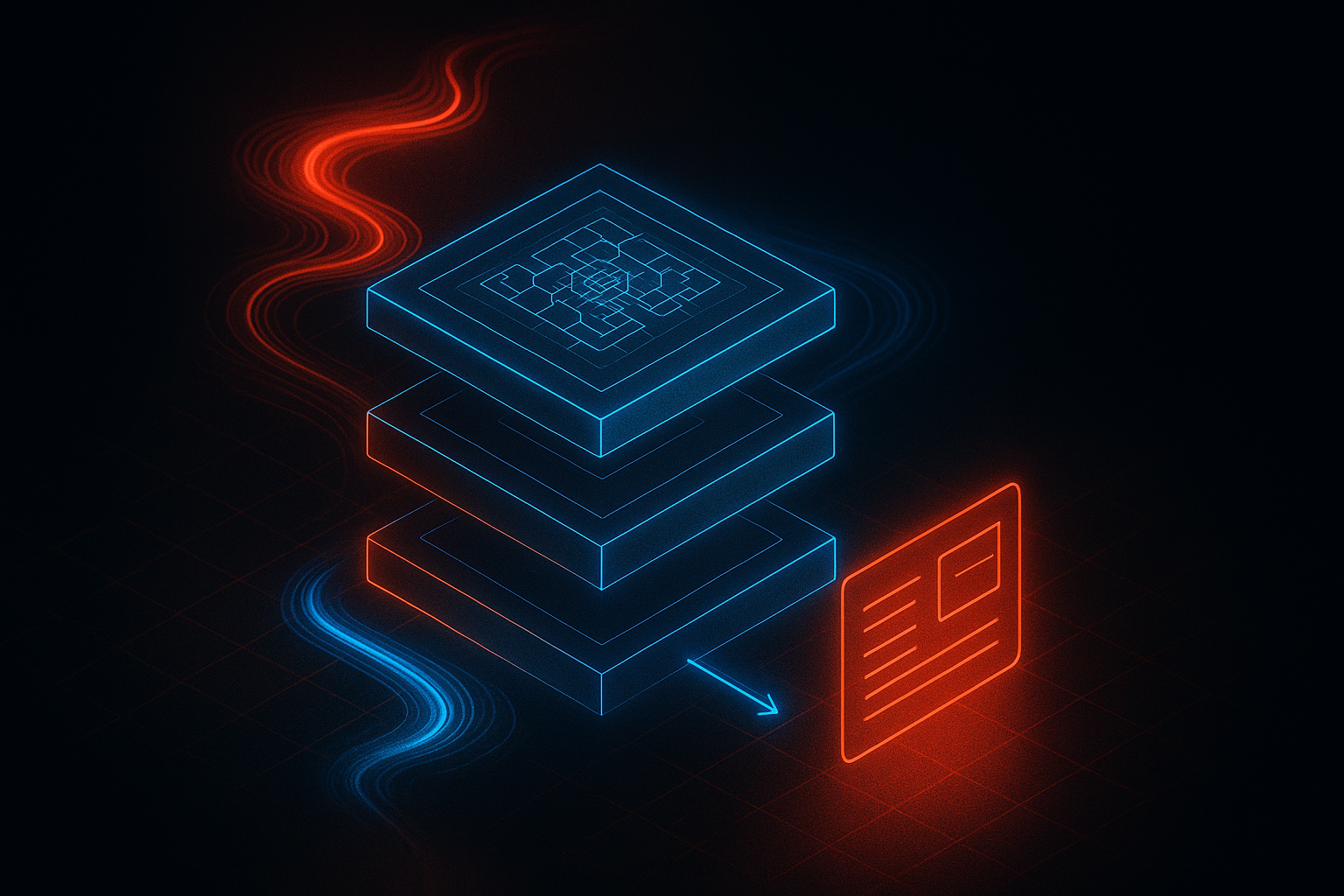People-centred businesses must become learning organisations
A time of digital acceleration where more changed in six months than had over the previous six years. Kate Rand, former Group Director of People and Operations at Beyond, talks about this great technological leap.


Our work lives are changing rapidly with technology ushering in new ways of working and transforming roles, while flexibility and adaptability are taking priority over lifelong employment. In the current crisis, that’s accelerated. If anyone was in any doubt that people can work anytime from anywhere, they are no longer.
For any business to stay competitive it needs to continually evolve and develop its capital - now, more than ever. Our agency’s capital is people, so we need to invest by prioritising learning for those people. As our work lives continue to leap forward and fundamentally change, people-centre businesses must become learning organisations to be successful. We need learning to be nurtured and integrated into every aspect of our agency. Learning should not be a bolt on: it becomes a mindset shift within the business.
How are we investing in learning?
We’ve developed Grow Beyond, a multimodal learning programme based on a suite of learning products and training experiences to accelerate Beyonders’ development.
We want to show that by becoming a learning organisation we will be able to create a more successful business, not just through employee engagement and retention, but through a tangible increase in revenue. We’re currently in the 12-month proof of value phase for the programme. Our hypothesis is that by uplevelling our client facing team, we will be able to secure more work through new business or existing client growth. This is something that many learning programmes are unable to demonstrate. By doing this we can be the example for our clients, and build an amazing company of experts.
Grow Beyond is built on two key factors. Firstly, people retain more knowledge through the act of metacognition - the act of thinking about thinking - and training others, than they do from digesting new information. Secondly, microlearning and learning in the flow of work removes barriers of engagement.
The programme architecture
The programme is designed using product thinking, and executed using Agile ways of working. Each learning opportunity is built with user research at its base and has a lead and lag metric attached. Learning opportunities range from a five-minute video to on the job mentoring or a virtual workshop lasting up to two hours. Each “product” has an assigned Product Owner, a vision, backlog and definition of done that includes user testing before deployment to the wider business. There are five levels that users can achieve. Champion, guardian, contributor, mentor and subject matter experts, with varying levels of commitment for contribution and peer development.
Grow Beyond has been two years in the making, and is based on a learning model by Peter Senge. We interviewed key stakeholders across the business globally to support our research and found that we as Beyonders had skills that could be shared internally. We wanted to highlight this by getting Beyonders to teach Beyonders.
Our learning hub, a product within Grow Beyond, is hugely important. We have separated the learning opportunities into three main products: Fixed is our needs based training such as our security standards, diversity, equity inclusion. Foundation includes frameworks such as Jobs to be done, Design Thinking and Agile for Agencies. Flexible is coaching and mentoring development. As we want all employees to contribute to the learning hub we have also outlined contributor levels going from introductory training through to mastery and thought leadership of a subject.
We send newsletter updates to keep the agency up-to-date on the latest training from our internal experts who are all adding content for their wider Beyond audience.
The results
We brought the launch of Grow Beyond forward because of COVID-19. In the past two months, we have seen the programme bring people together across the organisation for virtual workshops and talks covering design thinking, masterful interviewing, team reflections and root cause analysis methods. We’re able to respond to the agency's needs swiftly, for example creating mental health and resilience sessions to support colleagues’ wellbeing as we went into lockdown.
Content in the hub has included Agile for agencies, inclusive collaboration, Beyond tone of voice, internal work videos, managing your emotions through neuroscience and EI, introduction to technology, how to sell mobile tech and Google standards onboarding.
It will be another ten months until we can report fully on our results, but with attendance for sessions very high, and satisfaction scores of average 9/10, we can see that the format of learning is engaging for people. We’re looking forward to showing that keeping learning central to Beyond is valuable for our colleagues and for the business.








